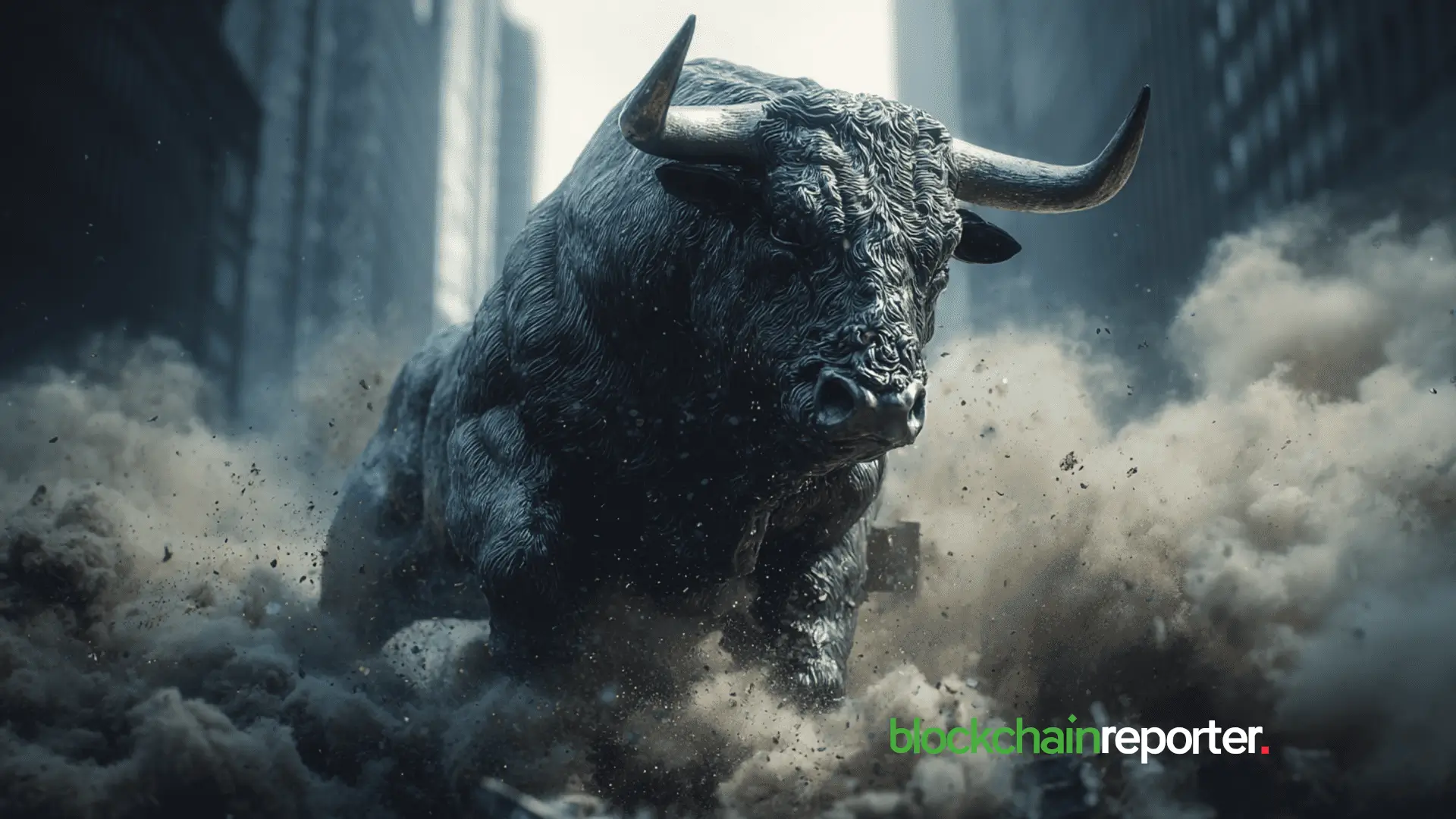LONDON, ENGLAND – SEPTEMBER 21: Pep Guardiola the head coach / manager of Manchester City during the Premier League match between Arsenal and Manchester City at Emirates Stadium on September 21, 2025 in London, England. (Photo by Marc Atkins/Getty Images)
Getty Images
Manchester City played as no other Pep Guardiola team has played before in Sunday’s 1-1 draw away to Arsenal. Indeed, the 33% possession share City had against the Gunners was the lowest of any match played by a Guardiola team over the course of his 17-year managerial career to date.
It was a backs-to-the-wall job by Manchester City and it very nearly worked. Guardiola’s side were a stoppage time Gabriel Martinelli equaliser away from claiming three points at the Emirates Stadium. The means very nearly justified the ends as City invited pressure on top of themselves for the majority of the match.
The way Guardiola set up his team on Sunday raised questions about his future vision for Manchester City. Was this a one-off approach designed to hold Arsenal at arm’s length in the belief that Mikel Arteta’s side would struggle to break through a low defensive block? Or is this part of a framework for the future?
LONDON, ENGLAND – SEPTEMBER 21: Erling Haaland of Manchester City under pressure from William Saliba of Arsenal during the Premier League match between Arsenal and Manchester City at Emirates Stadium on September 21, 2025 in London, England. (Photo by Marc Atkins/Getty Images)
Getty Images
“When we defend deeper it is because the other [team] are better or we are shit,” said Guardiola when asked about City’s identity. “I prefer us to regain the ball high up the pitch, [have] a lot of possession to disturb the structure of the opponents and try to punish them. It’s always been like that and always will be like that. If it doesn’t happen it is because we were bad, not because we want to [be defensive].”
Manchester City is in the midst of a transition. At the end of last season, Kevin De Bruyne, Ilkay Gundogan and Kyle Walker left the Etihad Stadium as part of City’s effort to revive and rejuvenate its squad. This was a process that started in January and it continued in the summer transfer window as the likes of Gianluigi Donnarumma, Tijani Riejnders and Rayan Cherki arrived.
Manchester City’s Jeremy Doku (left) and players training as Manchester City manager Pep Guardiola looks on during a training session at the City Football Academy, Manchester. Picture date: Wednesday September 17, 2025. (Photo by Nick Potts/PA Images via Getty Images)
PA Images via Getty Images
Guardiola is going through a process to work out what City’s next few seasons will look like. In the past, Manchester City has been the most dynamic, proactive team in English soccer. It was the epitome of the modern game for such a long time, but Guardiola is known for evolving his ways. Has he abandoned his principles to adopt new ones?
Liverpool is already five points clear at the top of the Premier League table with Arsenal also positioning itself for a title challenge. There is more uncertainty around Manchester City and its talent level and identity as a side. Sunday’s performance against Arsenal further muddied the waters around Guardiola’s team.
Source: https://www.forbes.com/sites/grahamruthven/2025/09/25/was-pep-guardiolas-arsenal-game-plan-a-one-off-for-man-city/



